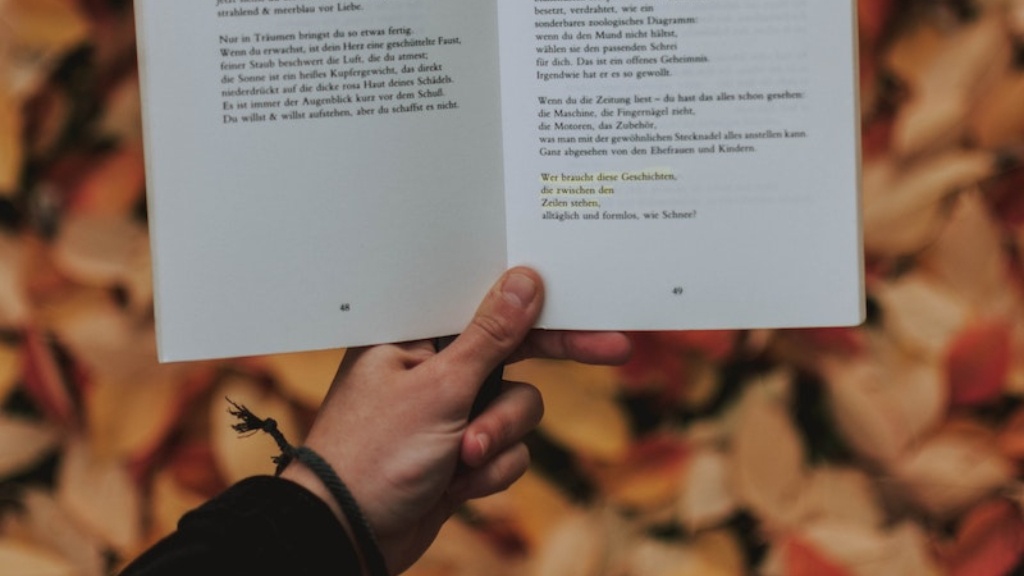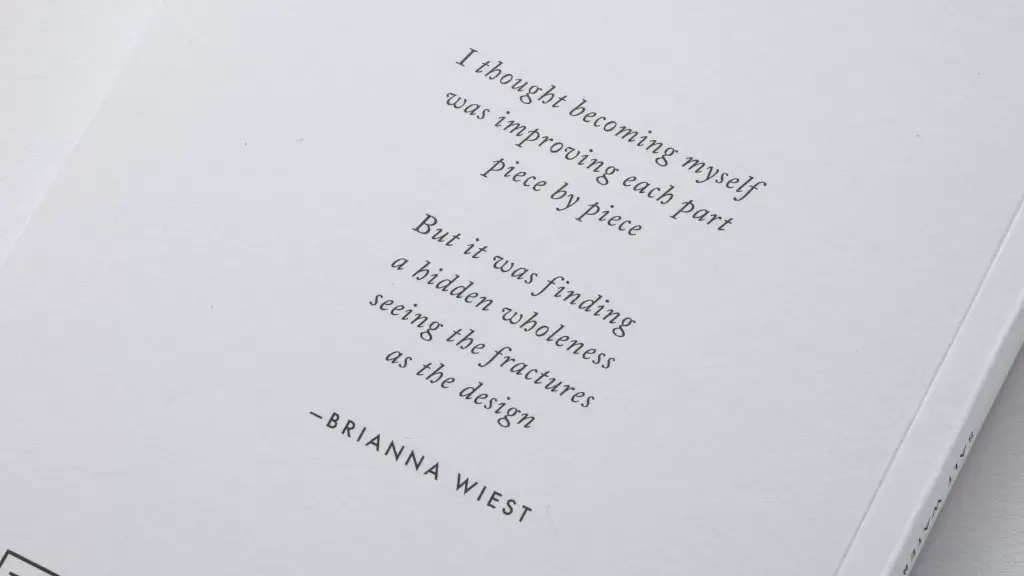Accusations of Communism
Langston Hughes was an American poet, social activist, novelist, playwright and columnist who played an important role in the Harlem Renaissance period in the 1920s. He was also perceived to be one of the leading voices for the civil rights movement in America. Both during his lifetime and posthumously Hughes experiences severe criticism from many corners, primarily for his commitment to the struggles of African-Americans, his communist leanings and his atheism.
In 1936, when Hughes was only 32-years-old, he testified before the House Un-American Activities Committee (HUAC), which was an investigating committee of the United States House of Representatives. At the time, the Committee was concerned with the spread of communism in the U.S. and when Hughes was asked whether he was a member of the Communist party, Hughes refused to answer.
Hughes’ refusal to answer the committee’s questions and his refusal to condemn the Communist Party, even after the committee threatened him with jail, as well as his own public lectures advocating for the rights of African workers, led to heated debates within the public. This further led to rumors that Hughes was a member of the Communist party, which he officially denied. Even though he was eventually called back for another testimony and his loyalty to the country was officially confirmed, his reputation as a communist never fully died down.
Moreover, Hughes was seen as a lodestar for the civil rights movement of the 1930s, and a number of African-Americans, especially in the African-American church and the associated press, were uncomfortable about his reputation as a suspected communist and his denouncement of religious belief. Hughes’ poems, such as ‘Let America be America Again,’ which detailed the living conditions of African-Americans, were widely praised by civil rights advocates, yet there were still prominent civil rights leaders who publicly renounced his work and strongly criticized him.
Additionally, Hughes’ atheist beliefs also created waves of criticism. Hughes was open about his beliefs and defended them in many of his works and public address. This led to resistance to his works being published in certain newspapers, as well as prompting other civil rights movements to limit the influence of his works.
Accusations of Poor Literary Quality
Not only was Langston Hughes the subject of criticism for his leftist political views and atheism, but he also experienced scrutiny for the literary quality of some of his works. Although Hughes was praised for many of his diverse works, aligning with different theories and subjects, it was primarily “Protocols of the Elders of Zion” and his play “Mule Bone” which caused the most negative feedback.
Published in 31, “Protocols of the Elders of Zion” is a play co-written by Hughes and his friend, playwright Zora Neale Hurston. The play was based on an anti-Semitic forgery and was immediately slammed by both critics and Jewish organizations for its explicit anti-Semitism. Hughes himself emphasized that he focused on the play from a purely literary perspective and was not aware of the full implications behind the work.
His play “Mule Bone” was also met with heavy criticism. Written in collaboration with his friend Hurston, this play was meant to be a comedic portrayal of African-American life. However, its release was fraught with controversy due to extent to which it portrayed African-Americans in a stereotypical light. From exaggerated dialect to characters defined by their use of superstitions, the play enraged African-American organizations, who argued that it perpetuated outdated stereotypes.
Despite being admonished for “Mule Bone” and “Protocols of the Elders of Zion,” Hughes’ works, such as “ The Weary Blues” and his autobiography, “The Big Sea,” continued to earn him accolades and remain popular.
Accusations of Being Too Conservative
Although Langston Hughes was looked down upon by some for his atheistic and leftist political views, others criticized him for being too conservative and not doing enough for civil rights. In fact, many writers and activists noticed a split in his works; some were seen as having a more revolutionary angle, while others seemed to be more moderate. This was seen in his later works, such as his poem “Let America Be America Again,” which was considered a plea for a society-wide change, as well as his poem “Mother to Son,” which was seen as much more moderate.
Critics also attacked Hughes for his reliance on dialect in some of his works, arguing that he was, intentionally or unintentionally, promoting stereotypes of African-Americans as ignorant, backwards and superstitious. They argued that, although his works celebrated African-American life, they sometimes did so through oversimplified language and caricatures. In addition, Hughes was also seen as someone who never fully embraced the modernist movement, which appeared while he was writing, and viewed as wanting to maintain a certain traditional aesthetic in his work.
Accusations of Attempts to Steer Away from Political Activism
Although Hughes was a leader in the civil rights movement in the 1930s, he began to draw criticism for steering away from activism and focusing too much on his writing. In 1940, Hughes published his essay “Freedom’s Plow,” in which he denounced artistic activism, suggesting that young black writers should focus on creating works that were, if anything, uplifting and non-political. This essay, along with other similar ones, pushed many activists to believe that Hughes was trying to de-politicize African-American struggles, while simultaneously profiting from it himself.
Many felt that, while Hughes was respected and admired, he was also trying to distance himself from the political and social issues that he had been so vocal about before. This, coupled with his evolving political views which turned more towards the right, distanced him from the civil rights movement and caused some activists to label him as a “sell out.”
Accusations of Racism and Anti-Semitism
Hughes was also accused of racism and anti-Semitism, primarily for his writings and some of his public statements in the early 20th century. His poem “Jim Crow’s Train” was seen by some to be promoting offensive stereotypes about African-Americans and his poem “The N—— Lover” was seen as being dismissive of interracial relationships. In addition, Hughes was seen to be using the “N” word in some of his stories, which was a term that had long been viewed as derogatory.
Hughes was also seen as anti-Semitic for some of his poetry that referenced the Jewish people in a negative light. His poem “Open Letter to the South” was seen by some to be blaming Jews for the plight of African-Americans and his play “Protocols of the Elders of Zion” was seen as promoting dangerous anti-Semitic conspiracies. Despite an overall lack of evidence of any true anti-Semitic ideology his side, Hughes still experienced criticism from many quarters due to his perceived associations.
Accusations of Homophobia
Hughes has also been accused of anti-gay rhetoric for a number of public statements that he made in the 1930s and 1940s. In particular, the poem “The Banjo Player” was seen as reinforcing negative notions of homosexuality, while Hughes’ essay “Color and Democracy” was seen as offering dangerous stereotyping of lesbians and gay men. However, many of Hughes’ writings in the 1930s continued to focus on the struggles of African-American women, making it difficult to accuse him of outright homophobia.
In addition, Hughes was highly critical of the Church’s stance on homosexuality and did focus on the struggles of LGBT+ persons in a number of his works. His poem “The Dream Keeper” is one example of this, as it draws on myths and symbols to reflect the plight of gay men in 1930s society. While Hughes still experienced criticism from some parts of the LGBT+ community in his lifetime, it is undeniable that he used his works to reflect on the lives of a large number of minority groups, including LGBT+ individuals.
Accusations of Exploitation
Finally, Langston Hughes was accused of exploiting African-American culture for personal gain, particularly during the Harlem Renaissance period of the 1920s. Hughes was seen by some as profiting off of not only his own work, but that of his contemporaries, while almost never giving them credit for their achievements. In addition, Hughes was seen as engaging in self-promotion, often seeking out connections with powerful and wealthy people, while others argued that his works often focused too much on themes of American-ness and assimilation rather than on the unique experiences of black Americans.
In this way, Hughes was often seen as perpetuating the idea that African-American culture was second-class and as enriching himself before enriching the African-American community. For these reasons, Hughes experienced relentless criticism from African-American intellectuals and writers and from members of his own artistic circle. This criticism, however, did nothing to take away from the lasting legacy of his works and his commitment to highlighting the struggles and achievements of African-American people.




